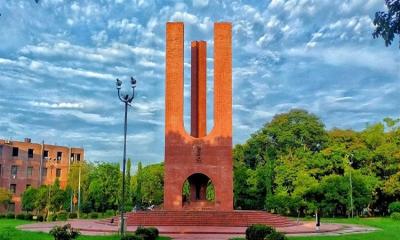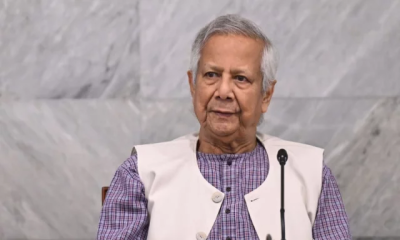Warren Hastings FRS was a British colonial administrator, who served as the first Governor of the Presidency of Fort William (Bengal), the head of the Supreme Council of Bengal, and so the first Governor-General of Bengal in from 1772 to 1785.
Hastings and Robert Clive are credited with laying the foundation of the British Empire in India.
He was an energetic organizer and reformer. In 1779–1784 he led forces of the East India Company against a coalition of native states and the French.
Finally, the well-organized British side held its own, while France lost influence in India. In 1787, he was accused of corruption and impeached, but after a long trial acquitted in 1795. He was made a Privy Councillor in 1814.
Hastings was personally angered when investigating trading abuses in Bengal. He alleged that some European and British-allied Indian merchants were taking advantage of the situation to enrich them personally.
Persons travelling under the unauthorised protection of the British flag engaged in widespread fraud and illegal trading, knowing that local customs officials would be cowed into not interfering with them.
Hastings felt this was bringing shame to Britain's reputation and urged the authorities in Calcutta to put an end to it. The Council considered his report but ultimately rejected Hastings' proposals. He was fiercely criticised by other members, many of whom had profited from the trade.
In 1785, after ten years of service, during which he helped extend and regularise the nascent Raj created by Clive of India, Hastings resigned. He was replaced by General Charles Cornwallis.
On his return to England, Hastings was impeached in the House of Commons for alleged crimes and misdemeanors in India, notably embezzlement, extortion and coercion, and alleged judicial killing of Maharaja Nandakumar.
The house sat for 148 days over a period of seven years during the investigation.
The investigation was pursued at great cost to Hastings personally: he complained constantly that the cost of defending himself from the prosecution was bankrupting him.He is rumoured to have once stated that the punishment given to him would have been less extreme had he pleaded guilty.
The House of Lords finally acquitted him on all charges on 24 April 1795. The Company subsequently compensated him with £4,000 Sterling annually.The city of Hastings and the Melbourne outer suburb of Hastings, Victoria, Australia were named after him. There is also a road and the neighbourhood of Hastings, Kolkata in India named after him.
"Hastings" is the name of one of the four school houses in La Martiniere Calcutta (Kolkata). It is represented by the colour red. "Hastings" is also the name of one of the four school houses in Bishop Westcott Girls' School, Ranchi, again represented by the colour red. "Hastings" is a senior wing house at St Paul's School, Darjeeling, India, where all the senior wing houses are named after Anglo-Indian colonial figures.
RIMS Warren Hastings was a Royal Indian Marine troopship built by the Barrow Shipbuilding Co. and launched on 18 April 1893. The ship struck a rock and was wrecked off the coast of Réunion on the night of 14 January 1897.
In spite of substantial compensation from the East India Company, Hastings was technically insolvent upon his death on 22 August 1818.




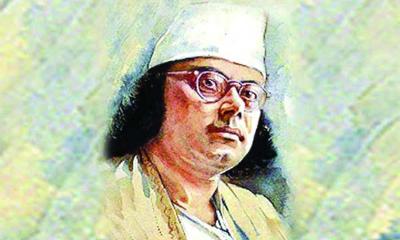


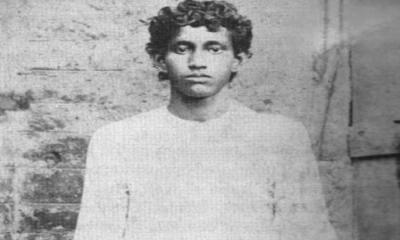
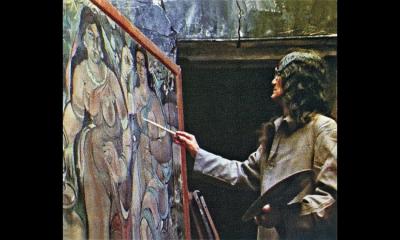

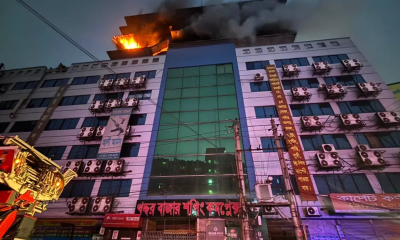



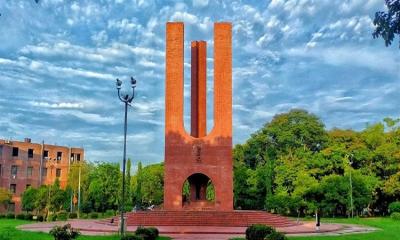
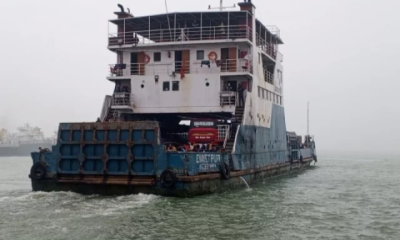

-20251226062607.webp)
-20251226051932.jpeg)








